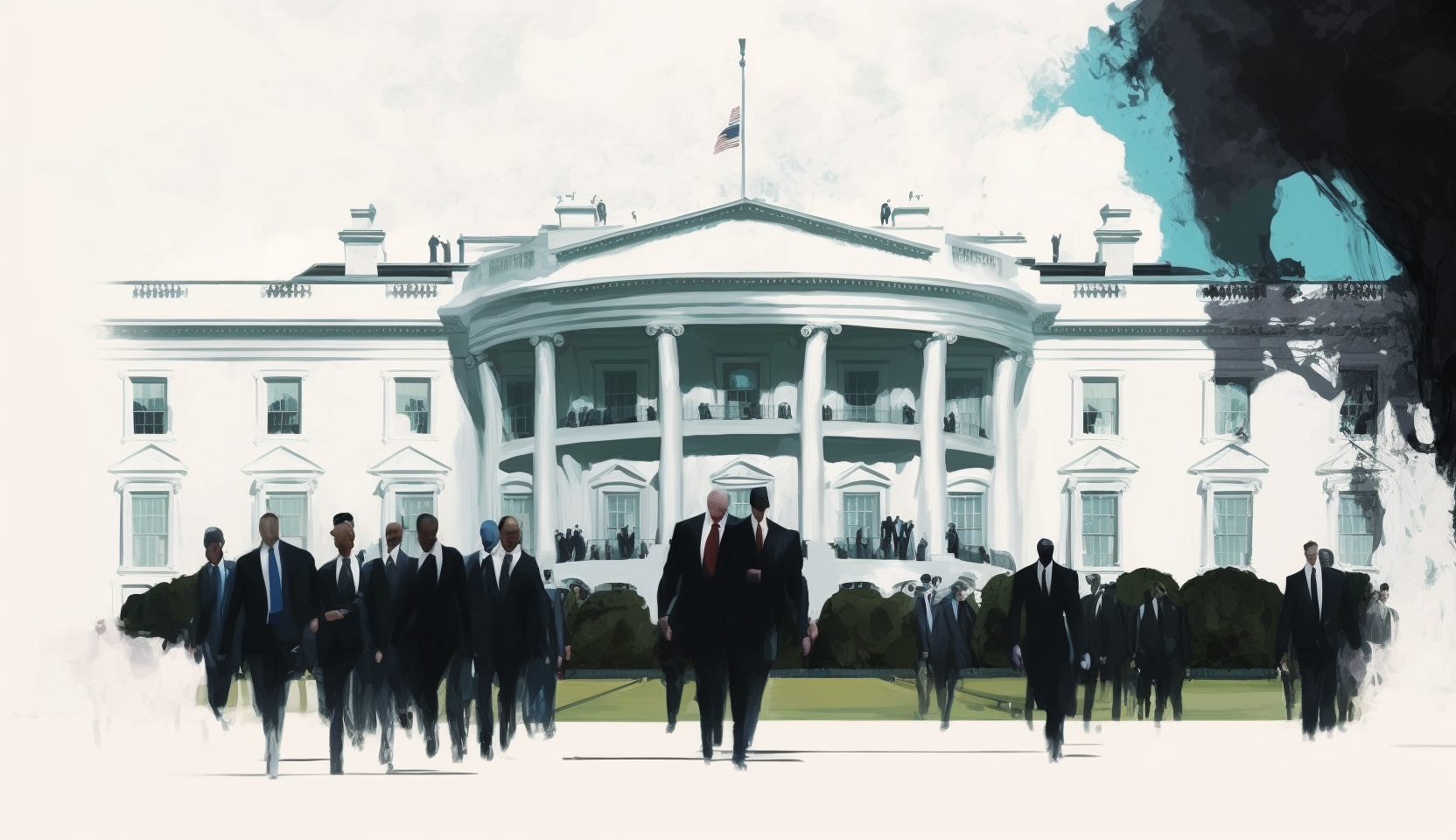By averting a government shutdown, Congress has avoided rocking both the economy and financial markets. Shutting down federal operations would have created widespread uncertainty and turbulence. Instead, the move offers stability and continuity as the economy faces broader headwinds.
With virtually all government functions continuing normal operations, economic data releases, services, and programs will not face disruptions. Past shutdowns caused delays in economic reports, processing visa and loan applications, releasing small business aid, and more. These disruptions introduce friction that can dampen economic momentum.
Federal employees will continue receiving paychecks rather than facing furloughs. The last major shutdown in 2018-2019 resulted in 380,000 workers being furloughed. With over 2 million federal employees nationwide, even a partial shutdown can reduce economic activity from lost wages.
Government contractors also avoid financial duress from suspended contracts and payments. Many contractors faced cash flow crises during the 2018 shutdown as the government stopped paychecks. Reduced revenues directly hit company bottom lines.
Consumer and business confidence are likely to be maintained without the dysfunction of a funding gap. Surveys showed confidence dropped during past shutdowns as uncertainty rose. Lower confidence can make households and businesses reduce spending and investment, slowing growth.
The tourism industry does not have to contend with closing national parks, museums and monuments. The 2013 shutdown caused sites like the Statue of Liberty to close, resulting in lost revenue for vendors, hotels, and airlines. These impacts radiate through the economy.
Markets also benefit from reduced policy uncertainty. The 2011 debt ceiling showdown and 2018-2019 shutdown both introduced volatility as deadlines approached. Equities fell sharply in the final weeks of the 2018 impasse. While shutdowns alone don’t determine market trends, they contribute an unnecessary headwind.
With recent stock volatility driven by inflation and recession concerns, averting a shutdown provides one less factor to potentially spook markets. Traders never like surprises, and shutdowns heighten unpredictability.
On a sector basis, federal contractors and businesses leveraged to consumer spending stand to benefit most from the avoided disruption. Aerospace and defense firms like Lockheed Martin and Northrop Grumman rely heavily on federal budgets. Consumer discretionary retailers and restaurants avoid lost sales from furloughed workers tightening budgets.
While shutdowns impose only marginal economic impact when brief, longer impasses can impose meaningful fiscal drags. The 16-day 2013 shutdown shaved 0.3% from that quarter’s GDP growth. The longer the stalemate, the greater the economic fallout.
Overall, with myriad headwinds already facing the economy in inflation, rising rates, and recession risks, avoiding a shutdown removes one variable from the equation. While defaulting on the national debt would produce far graver consequences, shutdowns still introduce unnecessary turbulence.
By staving off even a short-term shutdown, Congress helps maintain economic and market stability at a time it’s especially needed. This provides a breather after policy uncertainty spiked leading up to the shutdown deadline. While myriad challenges remain, at least this box has been checked, for now.
